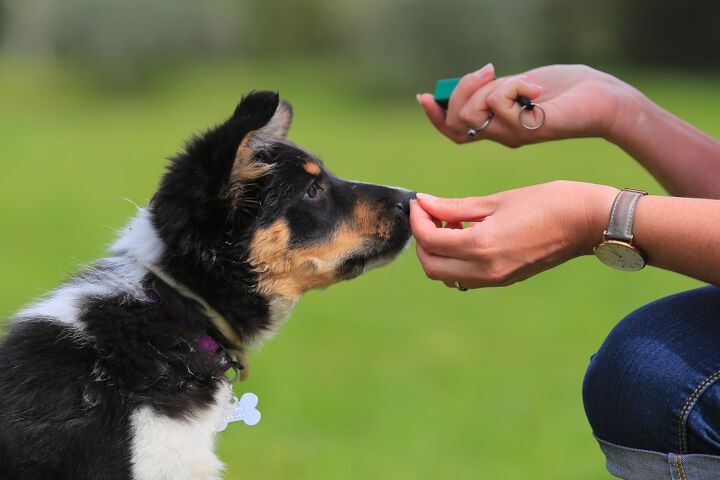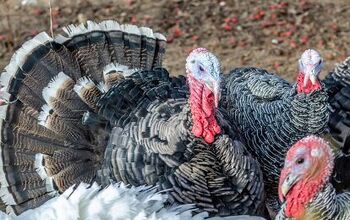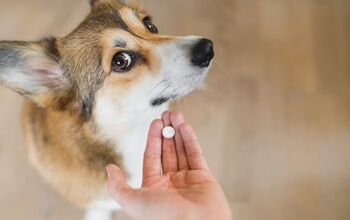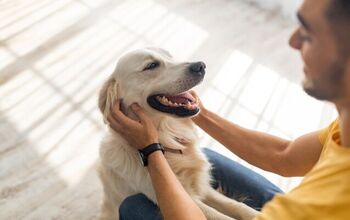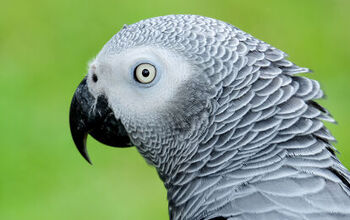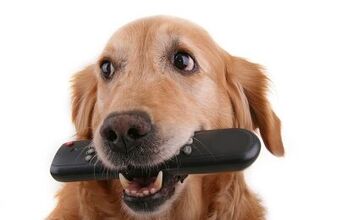When is the Best Time to Start Puppy Training?

Training your pet is a very important task as it will shape them into a friendly, obedient dog that’s a pleasure to be around. While it does require a lot of patience and effort, training your dog on time makes your life as an owner much easier and prevents a myriad of behavior issues and other problems down the road. Of course, it goes without saying that you should start training early, while your doggo is still a puppy. That is the time when they gladly soak up all the information and eagerly learn. But when exactly is the best time to start puppy training? You can’t do it while they are still teeny-tiny, nor should you wait too long. What is the ideal middle ground? Let’s find out.
When is the Best Time to Start Puppy Training?
Puppies are like sponges, soaking up information from their environment and their owner, so early training can set a solid foundation for good behavior and establish obedience throughout their lives. Ideally, you can start basic training such as housebreaking, socialization, and simple commands like "sit" and "stay" when your puppy is around 8 weeks old. This is the general “golden rule” that many owners stick by. When they reach that 2-month mark, it’s considered the ideal time for them to quickly grasp the commands you teach them. If you think that this could be “too early” to start training, you are wrong. There are numerous benefits to early training, and all of them are critical for your dog’s well-being and normal behavior. Here are just a few of them:
- Socialization
Early socialization is so important for puppies. It allows them to learn how to properly interact with other dogs and humans and prevents aggression and behavioral problems later in life. During this period you should expose your pet to new environments, sounds, and sights.
- Bonding
Training sessions are a great way to strengthen the bond between you and your puppy. Spending time together, teaching them new things, and rewarding good behavior builds trust and a positive relationship.
- Preventing Behavioral Issues
If you spot behavior issues while your dog is still a puppy, it is easier to prevent them from becoming nasty habits. As you teach your pet proper behavior and as you set up boundaries, you will prevent many nasty issues from forming, such as excess chewing, barking, or disobedience. If you already notice chewing issues that stem from teething, make sure to redirect their attention to an appropriate chew toy and use puppy no-chew deterrent sprays to help you shift their focus.
- Building Confidence
Training provides mental stimulation for puppies, helping them to develop confidence and problem-solving skills. Learning new commands and tricks boosts their self-esteem and makes them more adaptable to new situations.
- Forming a Routine
Routines are very important in the daily life of dogs. By starting early training you create consistency in every aspect of their life, and it will remain forever.
Of course, during the training process, you should always utilize positive reinforcement methods. Every time a command is obeyed, you should praise your pet - this encourages them to continue learning and making progress. Of course, the best reward is a tasty puppy treat. It is nutritious, good for them, and certainly stimulates further learning.
Another thing to look out for is special puppy stimulation toys. They are an essential part of training, and great for learning things such as fetch and let-go. The different textures and colors will stimulate their senses in many ways, allowing for healthy brain development.

A proud mama to seven dogs and ten cats, Angela spends her days writing for her fellow pet parents and pampering her furballs, all of whom are rescues. When she's not gushing over her adorable cats or playing with her dogs, she can be found curled up with a good fantasy book.
More by Angela Vuckovic



